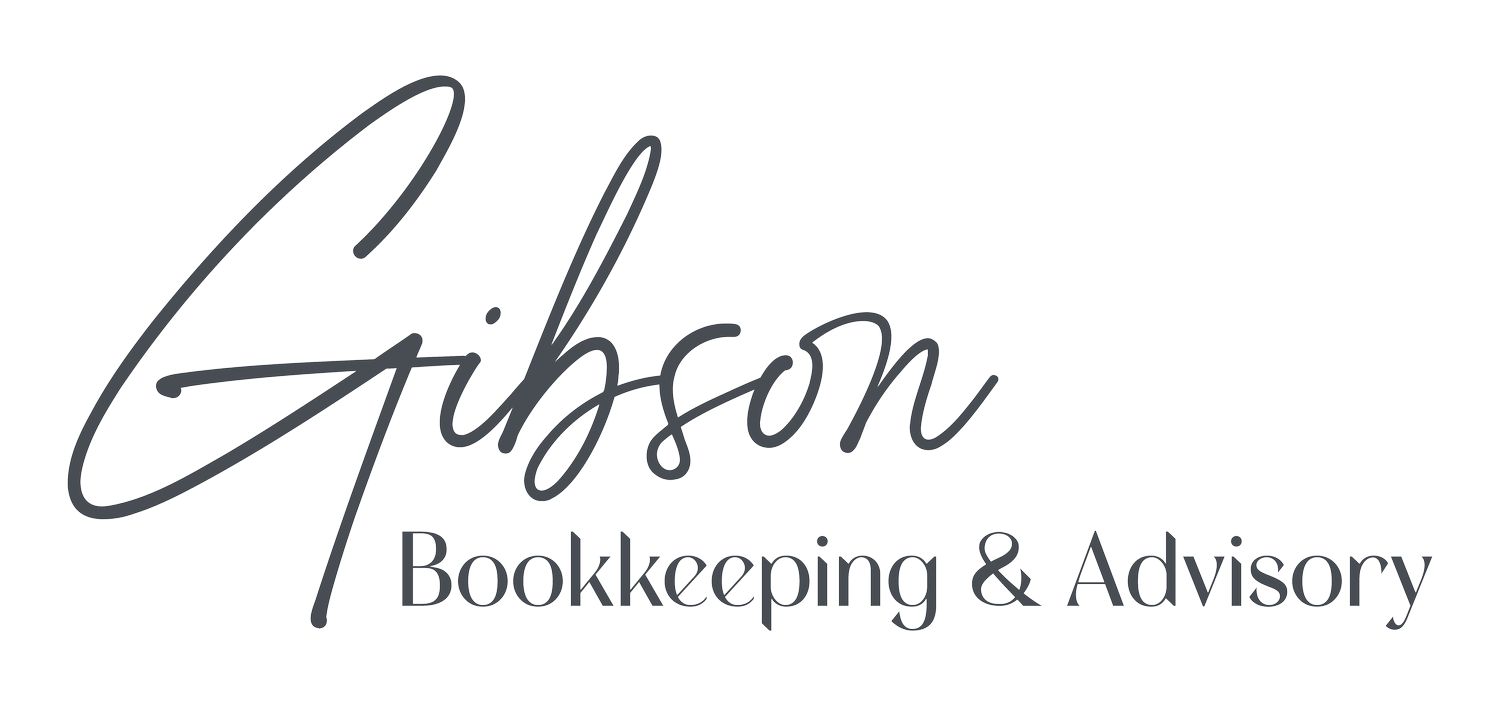Boost Your Cash Flow: How Progress Invoicing in QuickBooks Online Keeps Money Flowing
Worried about cash flow in uncertain times? Here's how progress invoicing transforms your payment schedule from feast-or-famine to steady and predictable.
Let's be honest, cash flow anxiety is real, especially when economic uncertainty makes the future feel unpredictable. You're not alone in wondering whether you'll have enough coming in to cover what's going out, not just this month, but three or six months down the road.
While we can't predict the future (trust us, we'd love a crystal ball for that!), we can share a powerful QuickBooks Online feature that helps you take control of your cash flow right now: progress invoicing. This game-changing tool lets you bill clients in stages throughout a project instead of waiting until everything's complete. Think of it as transforming your payment schedule from unpredictable chunks to steady, manageable streams.
Why Progress Invoicing is a Cash Flow Game-Changer
Progress invoicing allows you to break down large projects into smaller, billable milestones. Instead of completing a $10,000 project and waiting 30 days for payment, you can invoice $2,500 at project start, another $2,500 at the halfway point, and so on. Your clients get more manageable payment amounts, and you get consistent cash flow throughout the project lifecycle.
Setting Up Progress Invoicing in QuickBooks Online
Step 1: Enable Progress Invoicing
First, make sure this feature is activated in your QuickBooks Online settings:
Click the gear icon in the upper right corner
Select "Account and settings" under "YOUR COMPANY"
Click "Sales" in the left menu
Scroll down to find "Progress Invoicing"
Toggle this option to "On"
Click "Done" to save your changes
Step 2: Create Your Progress Invoice Template
Now you'll need to customize an invoice template specifically for progress billing:
Click the gear icon and select "Custom form styles" under "YOUR COMPANY"
Click "New style" in the upper right and choose "Invoice"
Important: Change the template name to something descriptive like "Progress Invoice" — this prevents overwriting your default invoice template
Select "Airy" or another clean design from the options
Customize the design by adding your logo and adjusting colors as needed
Use the "Content" tab to modify template sections and fields
Review the "Emails" tab for any necessary communication adjustments
Click "Preview PDF" to see how it looks, then "Done" when satisfied
Creating Your First Progress Invoice
Ready to put this into action? Here's how to convert an estimate into a progress invoice:
Find the relevant estimate in your Estimates list
Click "Convert to invoice" at the end of the row
Choose from three billing options:
Option 1: Remaining total of all lines Use this when you're ready to bill for everything remaining on the project.
Option 2: Percentage or amount Perfect for consistent milestone billing — just enter a flat percentage of the total invoice amount.
Option 3: Manual entry for each line This gives you complete control, allowing you to bill different percentages for different services or products.
For most ongoing projects, Option 2 works beautifully. You might bill 25% at project start, 50% at the halfway point, and 25% upon completion, keeping cash flowing steadily throughout.
The invoice will show exactly what's being billed now versus what remains, keeping both you and your client clear on project progress and payments.
Tracking Your Progress Invoices
QuickBooks Online makes it easy to monitor your progress billing with the "Estimates & Progress Invoicing Summary by Customer" report. This shows you exactly where each project stands and what payments are still pending.
Additional Cash Flow Boosting Strategies
Progress invoicing is powerful, but it works even better when combined with other cash flow optimization techniques:
Early payment discounts: Offer 2-3% off for payments within 10 days
Tighter payment terms: Consider 15-day terms instead of 30-day for faster collection
Immediate invoicing: Send invoices the moment work is completed
Late payment fees: Apply reasonable finance charges to overdue accounts
Inventory optimization: Clear out slow-moving stock with strategic sales
Proactive collections: Send friendly payment reminders and follow up consistently
The Win-Win Benefits
Progress invoicing isn't just good for your cash flow — it's better for your clients too. Instead of facing one large payment at project completion, they can budget for smaller, predictable amounts throughout the project timeline. This often leads to faster payments and stronger client relationships.
Making It Work for Your Business
The key to successful progress invoicing is setting clear expectations upfront. When presenting estimates, explain your billing schedule and how it benefits both parties. Most clients appreciate the predictability and improved cash flow management on their end too.
Need Help Getting Started?
While setting up progress invoicing is straightforward, determining the right billing schedule and template customizations for your specific business can require some strategic thinking. As your bookkeeping partners, we can help you design a progress invoicing system that maximizes your cash flow while maintaining strong client relationships.
We can also help you track and analyze your progress invoicing results, ensuring this powerful tool is working optimally for your business growth.

